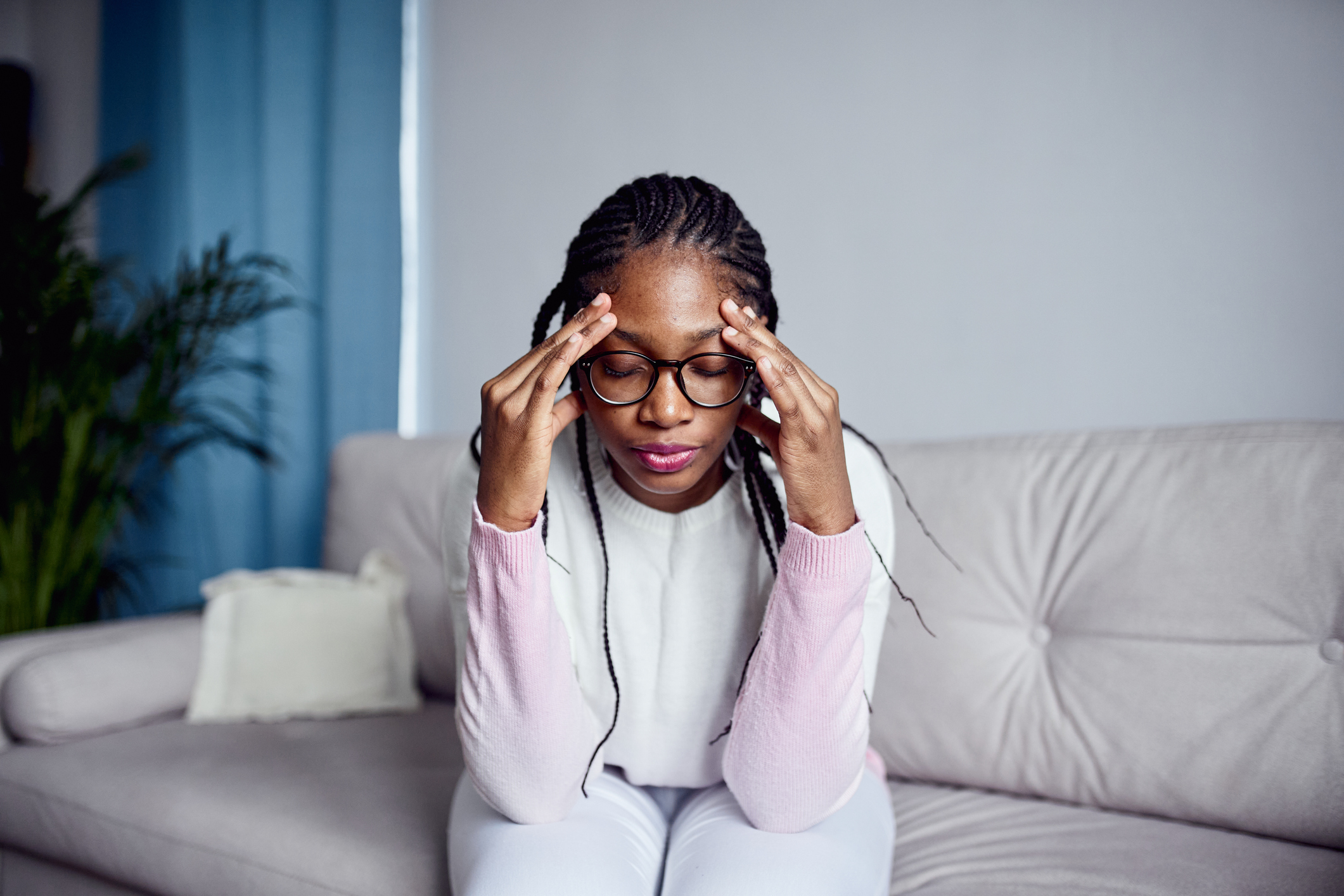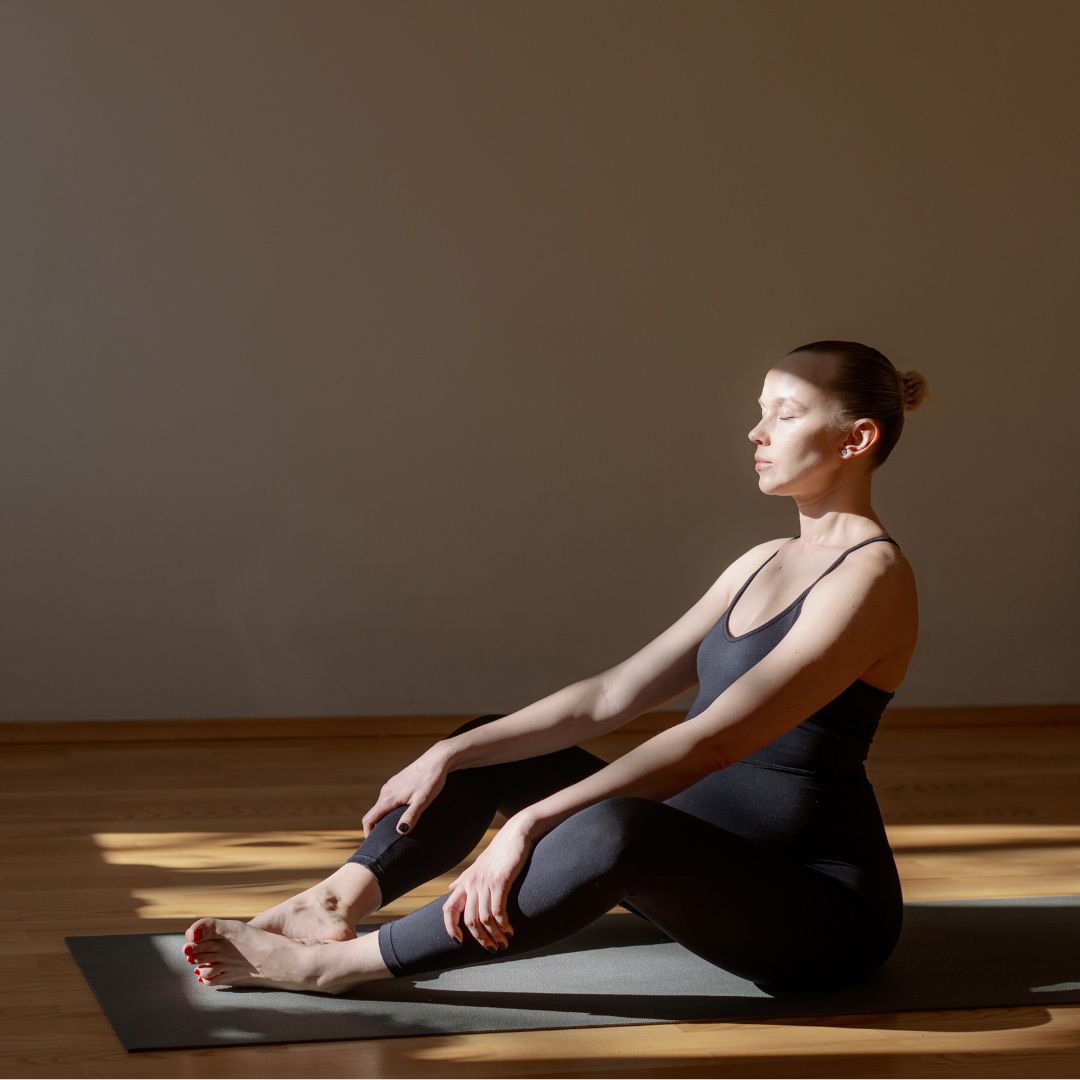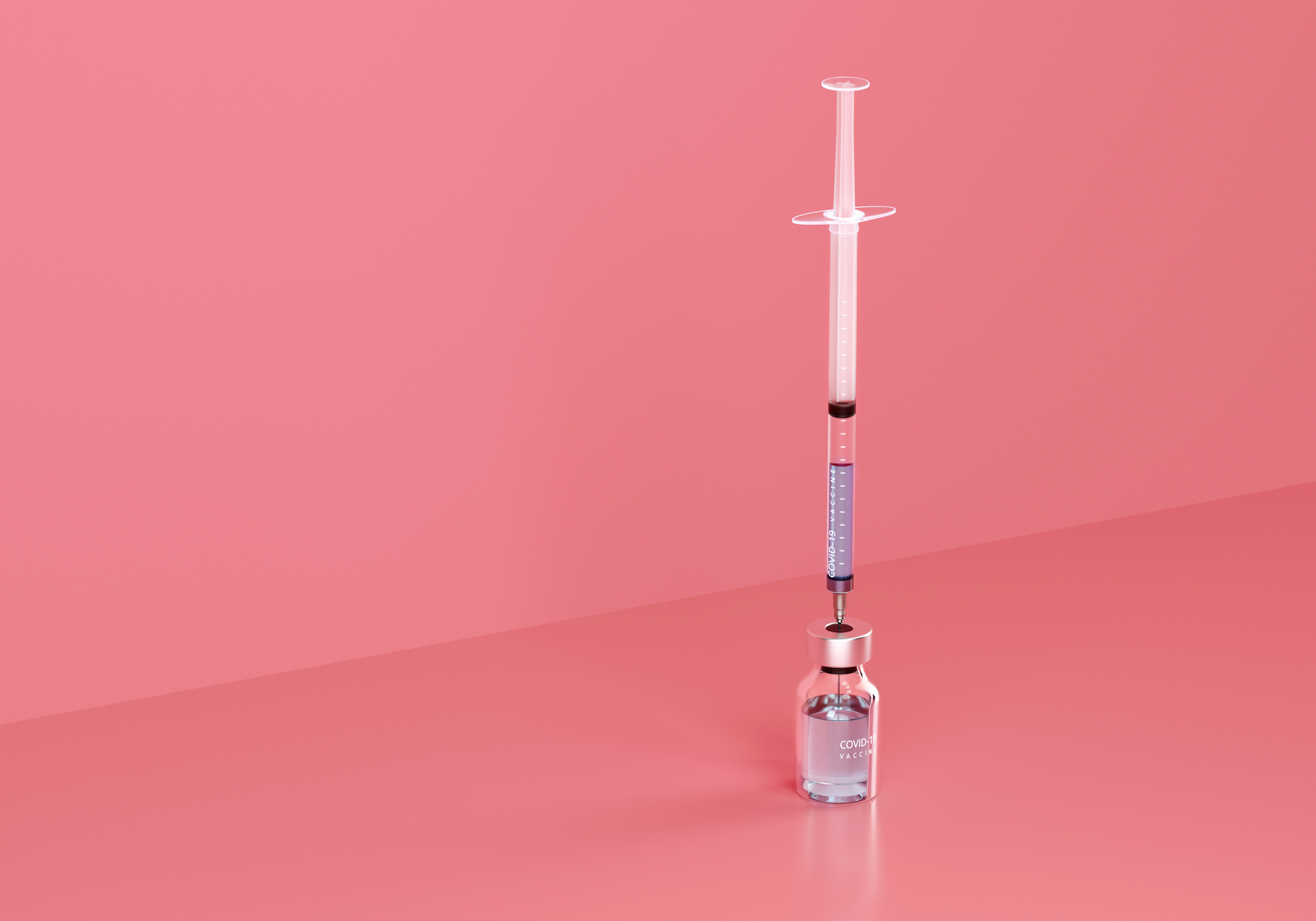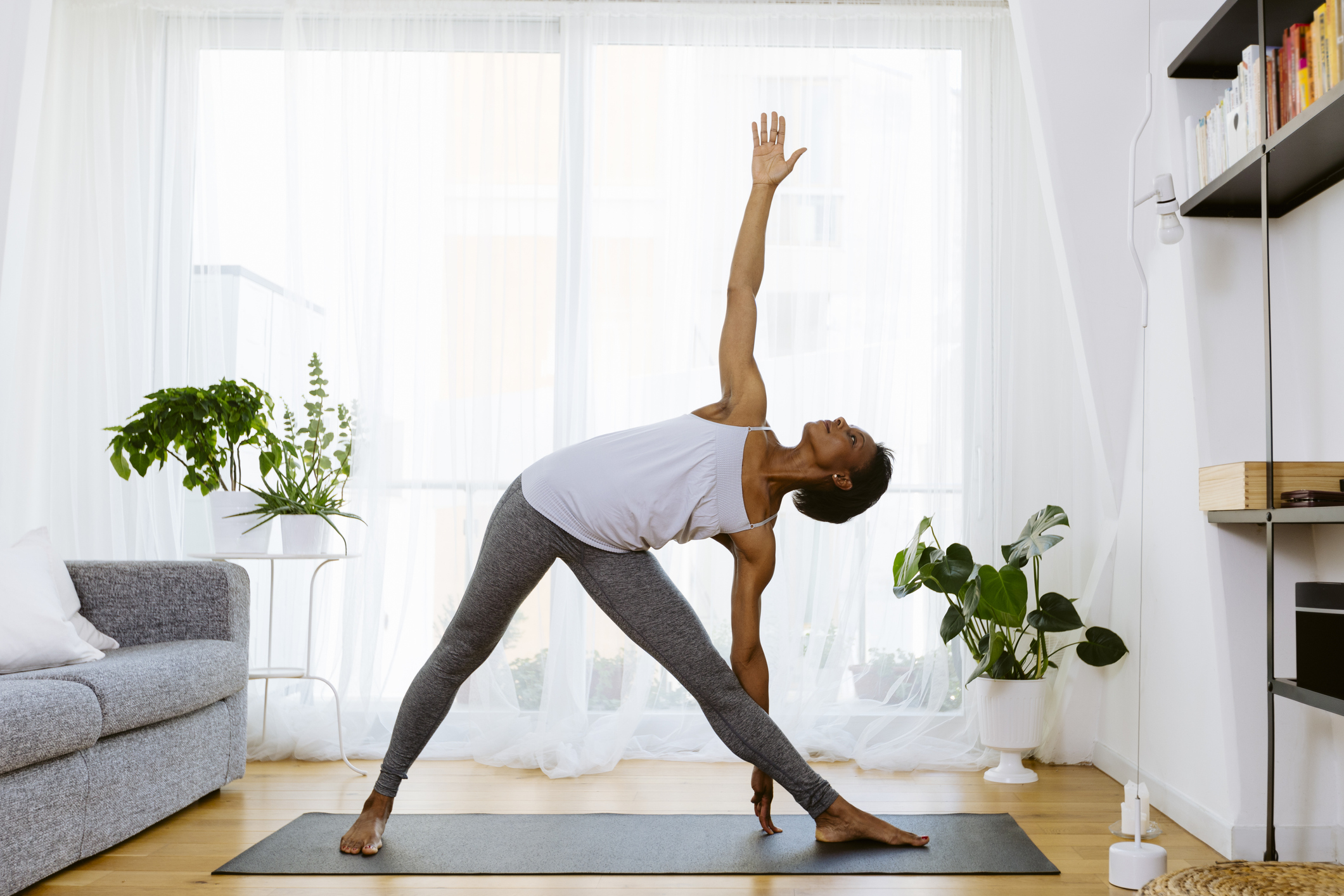Keen to differentiate between daily worry and anxiety symptoms? 3 experts explain
Here, the experts explain what it can feel like to experience an anxiety disorder, plus what to do if you think you might have one.


Here, the experts explain what it can feel like to experience an anxiety disorder, plus what to do if you think you might have one.
Fact: anxiety levels globally are at an all-time high. According to Soc Psychiatry Psychiatr Epidemiol. journal findings published last year, since 2008, the number of people struggling with anxiety symptoms has tripled among young adults in the UK, affecting 30% of women aged 18 to 24.
The pandemic saw a further spike, with global rates of anxiety and depression increasing by a massive 25% in 2020, according to the World Health Organisation. While we might be out of lockdown now, thanks to the ongoing climate crisis, the rising cost of living, and global conflict, there is certainly no shortage of things to feel anxious about today.
Of course, experiencing a degree of anxiety is part of life. So it can be hard to differentiate anxiety vs stress, or know when anxiety is a disorder. Keep reading to find out the symptoms to look out for, and what to do if you feel you need some support.
What is the meaning of anxiety?
First things first: a definition for you. As per the NHS website, anxiety is a stress response, involving thoughts, physical symptoms, emotions and behaviours. On a biological level, it’s what happens when something triggers our "sympathetic nervous system", more commonly known as our "fight or flight" response. This system prepares the body to either fight or flight, by doing things like increasing our heart rate (to get more oxygen and energy), dilating our pupils (to take in more light and increase visual alertness) or making us pale or blush (the result of moving blood flow to our muscles and away from non-essential parts of the body).
This system works brilliantly when we need to, say, run away from a bear. However, in today’s world, most perceived dangers don’t pose a physical threat to our safety, like when we have to give a big presentation at work. Despite this, our sympathetic nervous system will kick in, and we might find ourselves facing our colleagues with clammy hands, a racing heart and a slightly red face.
“Anxiety is a response to the meaning of a situation, rather than the situation itself,” says Mike Ward, psychotherapist and founder of the Anxiety Clinic. “It can be temporary and occasional, it’s the way the body responds to risk or threat.”
Marie Claire Newsletter
Celebrity news, beauty, fashion advice, and fascinating features, delivered straight to your inbox!
So, the reason we might become anxious during a presentation is because we’ve ascribed a certain meaning to it — we might tell ourselves that our job or reputation is on the line, or that our colleagues will think we look stupid, for example. But whatever our symptoms are at the time, and whatever the outcome of the presentation, usually our anxiety will subside afterwards.
However, when anxiety does not just come and go, we should take notice. “When anxiety is every day, when worry becomes rumination — or someone’s sleep, appetite or daily activity is disrupted — that’s when it might cross into criteria of an anxiety disorder,” says Ward. “It’s about the persistence of anxiety, or when someone is so consumed with worry that they are not able to concentrate or change tasks.”
Keep reading to find out the main anxiety symptoms to look out for, and what they can feel like.
23 anxiety symptoms to know about
Did you know? Anxiety can present a mix of physical, psychological, emotional and behavioural symptoms, which can all feed into each other, creating a vicious cycle. “It’s a symphony,” says Ward. “And it can be difficult to say which symptom comes first.”
Here are some of the common anxiety symptoms:
Physical anxiety symptoms:
- Breathlessness
- Butterflies in stomach
- Increased heart rate or palpitations
- Hot flushes or blushing
- Increased perspiration or sweaty palms
- Nausea
- Wanting to go to the toilet more often
- Dizziness
- Appetite changes
- Difficulty sleeping
Psychological anxiety symptoms:
- Rumination
- Negative bias (perceiving negative things more easily)
- Catastrophizing (jumping to the worst case scenario)
- Intrusive thoughts
Emotional anxiety symptoms:
- Feeling tense
- Feeling fearful or scared
- Self-consciousness
- Low mood or low grade depression
Behavioural anxiety symptoms:
- Being unable to relax
- Difficulty concentrating
- Avoiding situations that trigger your anxiety
- Constantly looking for reassurance from others
- Missing work or events because you can’t cope
What do anxiety symptoms feel like?
It's important to know that each person might experience anxiety symptoms differently. Here, Gemma Lupton, 31 from South Yorkshire, Sheffield, explains how she experiences them.
"Physically, my heart starts to race and feels like it is almost pounding out of my chest. I will tremble and sweat, my muscles will tense up and my head will start to ache. It also sets off my IBS symptoms, which include cramps and needing to use the toilet more. I feel hot and clammy, which can make me blush bright red, which then makes me embarrassed. I feel weak — like I might collapse, and I can often get ‘tingles’ in my fingers as well.
Gemma has suffered from anxiety for as long as she can remember, but she got diagnosed with generalised anxiety disorder, social anxiety and panic disorder while she was at university. She continues: "Psychologically, my mind will be racing. Sometimes it is hard to identify the thoughts, which makes them harder to deal with. Other times, it will be thoughts telling me I'm a failiure or not worthy. Sometimes I'll replay an uncomfortable memory or scenario in my head."
"It feels like things around me have sped up but I am slowed down. I feel uncomfortable in my own skin and I feel exposed — like everyone knows I am anxious and is judging me. I will sometimes lash out at others unintentionally due to feeling trapped like I can’t escape. I will often go over every possible scenario to prepare for a situation in my head. It is like I want to try and be in control of as much as possible to avoid those horrible feelings of uncertainty."
What should you do if you’re struggling with anxiety symptoms?
If all this sounds familiar, know that it doesn't have to be this way. The first step to getting help and potential treatment is to talk to your GP. After discussing your symptoms, and what might be causing them, they might prescribe medication (the NHS website has more information on the types of meds they can offer), suggest a course of talking therapy or refer you to a specialist.
You can also consider starting therapy privately (check out our guide on how to find a therapist, here). This can sometimes be the most immediate way to get help, as you could find yourself on a therapy waiting list for several months.
Private therapy can be expensive — costing around £45 a session on average, and often more. There are lower-cost options available, however. For example, Anxiety UK has a pool of 400 therapists that give access to private therapy at a more affordable rate. The Free Psychotherapy Network also has information on places that offer free or low-cost psychotherapy for people on low incomes and benefits.
Whatever you do, if you're struggling, try not to minimise what you're going through. "At Anxiety UK, we find it can take a number of years before people reach out for help," says Dave Smithson, Operations Director at Anxiety UK. "They have often lived with anxiety for quite a while, telling themselves that they’re worrying about nothing. It often takes a while for that penny to drop."
Just because anxiety is a "normal" emotion, doesn't mean it's okay for it to take over your life. So whether it's through your GP, friends and family, or a charity like Anxiety UK, make sure you're getting the support you deserve.
-
 Feeling frazzled RN? Your fail-safe guide to how to boost calm, any place, any time
Feeling frazzled RN? Your fail-safe guide to how to boost calm, any place, any timeTop pros share how they keep their cool.
By Camille Dubuis-Welch
-
 8 forms of mental health help that promise to calm your mind, whatever you're currently facing
8 forms of mental health help that promise to calm your mind, whatever you're currently facingThis Mental Health Awareness Day, know this: you are never alone.
By Ally Head
-
 Why the NHS weight loss wonder drug won't work, according to nurse
Why the NHS weight loss wonder drug won't work, according to nurseBy Ally Head
-
 Menopause yoga: these five moves promise to help ease hot flushes, fatigue and more
Menopause yoga: these five moves promise to help ease hot flushes, fatigue and moreSuffering with your symptoms? This may help.
By Ally Head
-
 As Simone Biles opens up about her ADHD, your guide to the main symptoms and treatments
As Simone Biles opens up about her ADHD, your guide to the main symptoms and treatmentsIt's thought that 75% of women with ADHD go undiagnosed.
By Ally Head


